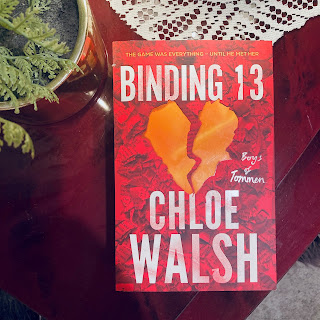Review: The Island of Sea Women by Lisa See
Reading is an excellent way to become educated. Before picking up my copy of The Island of Sea Woman I was scarcely aware of the Korean island of Jeju and the proud tradition of the haenyeo. This book changed all of that for me.
The novel opens in 2008 with an old woman going about her work on the beach. It soon becomes obvious that Young-sook and her companions are something of a tourist attraction--something that she does not welcome. Even less welcome is the family of tourist who soon begin to pester her with questions. When Janet an American woman of Korean heritage insists that Young-sook must have known her grandmother, a diver named Mi-ja, Young-sook knows that she must leave--and fast.
Moving back in time to 1938, the novel reveals that Young-sook and Mi-ja did indeed know one another. One was the daughter of a well-respected haenyeo, the other the daughter of a man who had helped the Island's enemy--the Japanese. Despite her tainted past, Mi-ja is accepted and loved by Young-sook's mother and the two girls are best friends and in many ways raised like sisters. But the era--World War Two, followed closely by the Korean War, are turbulent times for the island and it's people, and eventually, during the darkest moment in the island's history, one of these women will commit the ultimate act of betrayal.
There is a lot on this novel--a lot of history, a lot of strong women and a lot of sadness. Some moments made me laugh, many more made me teary. I loved the insight into the unique culture--where the women are the hunters, engaging in dangerous work, while the men look after the children. It's a long read, but it is also engaging--don't sit down with the intention of reading just a chapter, you'll easily read over a hundred pages like I did and almost ended up late for work.
Overall, this one is quite well done and should appeal to a broad audience.
Thank you to Simon and Schuster Australia for my ARC.




Comments